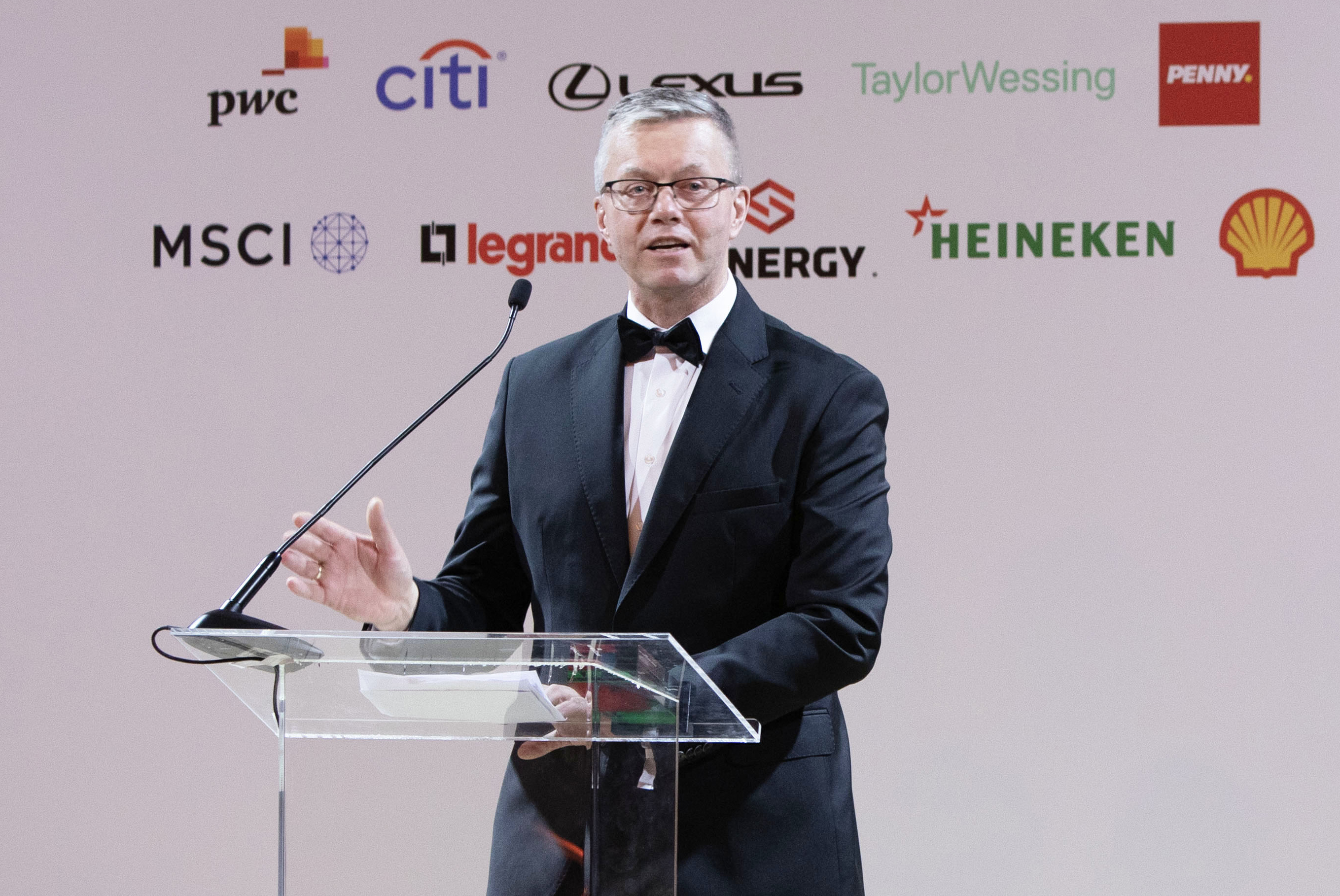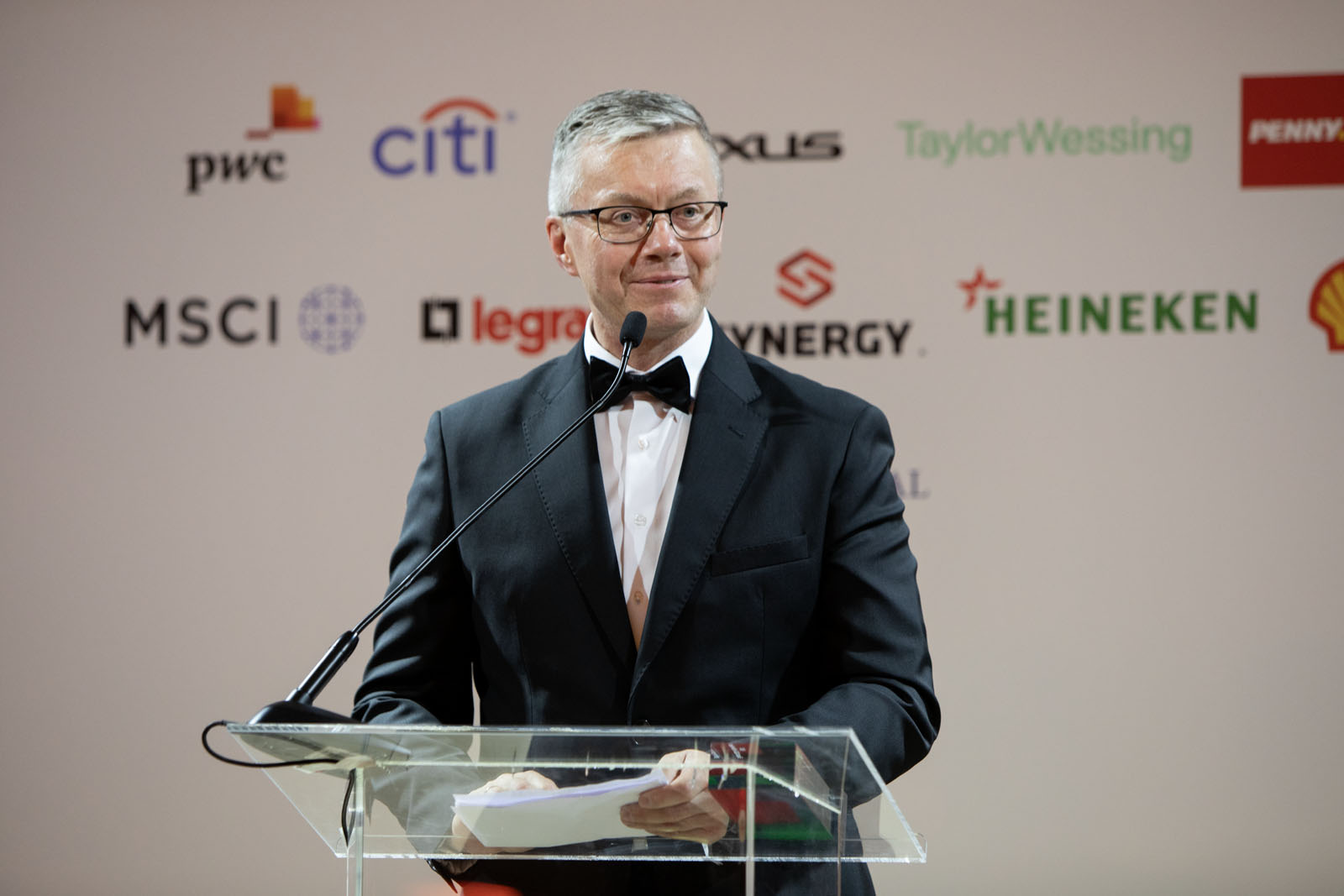From tinted glass to a single patent

After four decades of dispute, European Union leaders have finally approved a single European patent law with a new Unified Patent Court based in Paris. The unitary patent system will help cut costs and red tape and is expected to restore competitiveness against rivals such as the US.
Italians have always known about success. Coffee, leather boots, luxury sports cars: these are all best made in Italy. No country will surpass them in these departments. That is because they have always played it safe, safeguarding the tools of their trade as much as possible.
Six hundred years ago in Venice, where the most beautiful tinted glass was made, craftsmen faced a succession-planning problem. Fearing competition, they had kept their secrets to themselves, resulting in a shortage of a new generation of glassmakers. To ensure a constant supply of glass, the people of Venice promised protection to the craftsmen unwilling to pass knowledge down to apprentices. Patents were systematically granted in Venice as of 1450, mostly in the field of glassmaking. As Venetians emigrated, they sought similar patent protection in their new homes. This led to the diffusion of patent systems to other countries. The protection lasted for 20 years, enough to train a new generation of craftsmen.
Today, patents are still granted for 20 years. Either the European Patent Office or individual countries granted them until the end of this June in Europe. This had meant that anyone looking to get protection all over Europe had to pay roughly €30,000 to get a bundle of national patents to cover all 27 member states, about 15 times the cost of a typical U.S. patent. No wonder that much intellectual property was sold to the US: it paid off much better for universities and scientists. But not for Europe.
The Continent is losing ground in competiveness, and cannot afford to lose more; neither can entrepreneurs or companies. With the EU’s new unified system, they will be able to register their inventions at two-thirds of the original costs and with a different time scheme.
Protection is badly needed. Often, the fruit of Western creativity is reaped in emerging countries, primarily in China. Kinga Hetényi, managing partner at the Schönherr Hetényi law firm, the Hungarian partner of international law firm Schoennher, is currently handling a case of IPO infringement. “Our client has invented a bladeless fan, with no fast-spinning blades chopping the air but still adjustable and oscillating where you want.” Copies of the fan appeared in Hungarian webshops, so the inventor chose to take a legal route. “Initially, we called for the withdrawal of the knock-offs from the shop,” Hetényi explained. “We also require data on the sold pieces and a compensation for the damages caused.” If the service provider cooperates, they can make a settlement. If not, they go to court where the shop owner likely loses, as it is usually unable to provide details on the design, innovative elements, or workings of the fan. “The overall aim is to find the manufacturer,” Hetényi said. With them it is a more difficult battle in court, but with a patent, the outcome can be anticipated.
Patents give inventors some leeway against rivals or copycats, yet it does not mean they can lay back. Keeping up protection for 20 years is not always worth it as the owner has to pay more every year, and rivals may come up with better solutions. Also, technology becomes obsolete. “Do you remember what you used 20 years ago for data protection?” asked Jeremy Philpott, manager at the Innovation Support Unit of the European Patent Academy European Patent Office in Munich, to prove the point. “Floppy discs. Oh, please.”
Thanks to glassmakers in Venice, knowledge transfer is now possible and safe. And with a single system covering all EU states, getting protection has become easier at last.
SUPPORT THE BUDAPEST BUSINESS JOURNAL
Producing journalism that is worthy of the name is a costly business. For 27 years, the publishers, editors and reporters of the Budapest Business Journal have striven to bring you business news that works, information that you can trust, that is factual, accurate and presented without fear or favor.
Newspaper organizations across the globe have struggled to find a business model that allows them to continue to excel, without compromising their ability to perform. Most recently, some have experimented with the idea of involving their most important stakeholders, their readers.
We would like to offer that same opportunity to our readers. We would like to invite you to help us deliver the quality business journalism you require. Hit our Support the BBJ button and you can choose the how much and how often you send us your contributions.







